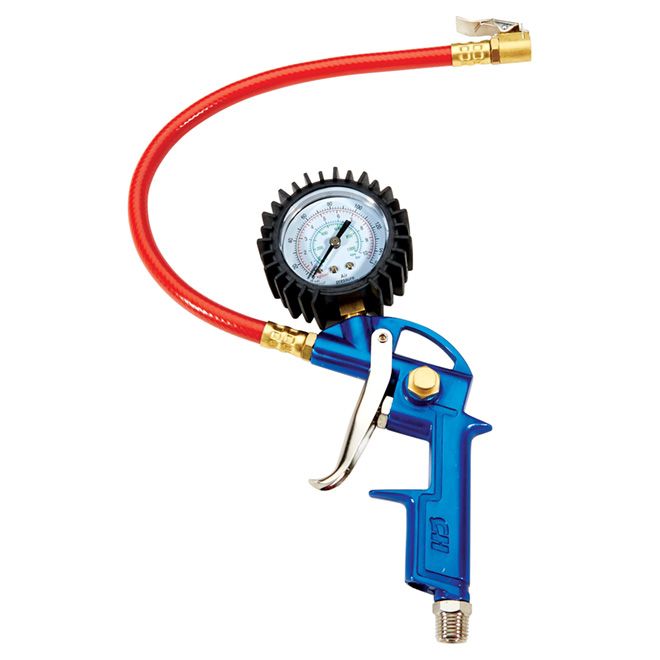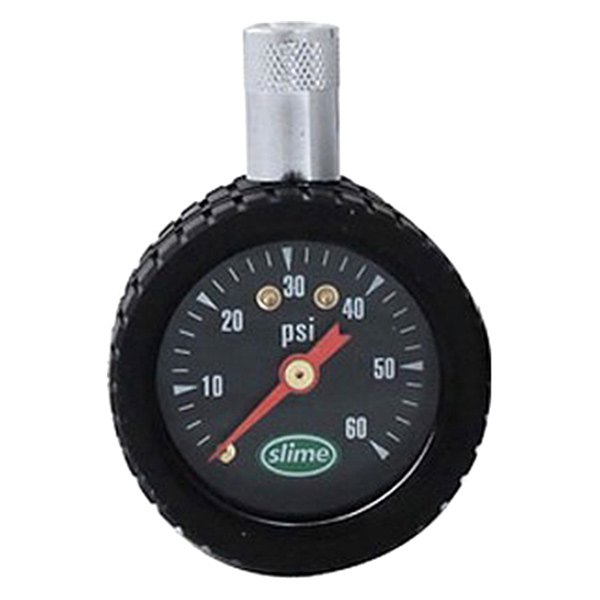KSOTI
Active Member
Just wondering what people's experience is regarding the accuracy of the tire pressure monitoring system in the Ram? My display consistently reads @ 4lbs higher than the what I manually set the tire pressure to using 3 different reliable tire gauges to confirm the PSI. I want to trust the TPMS but have a hard time believing all 3 of my tire gauges are inaccurate by exactly the same amount especially when I have checked 2 of them on a calibrated air source........














